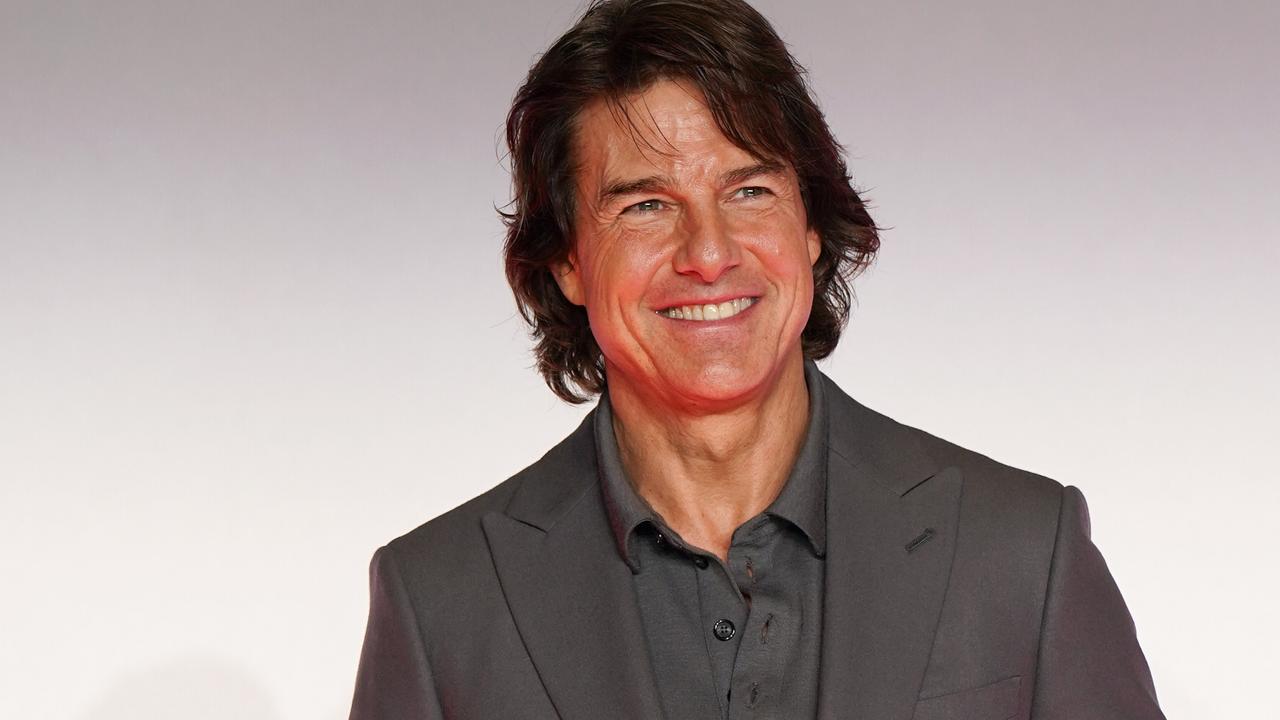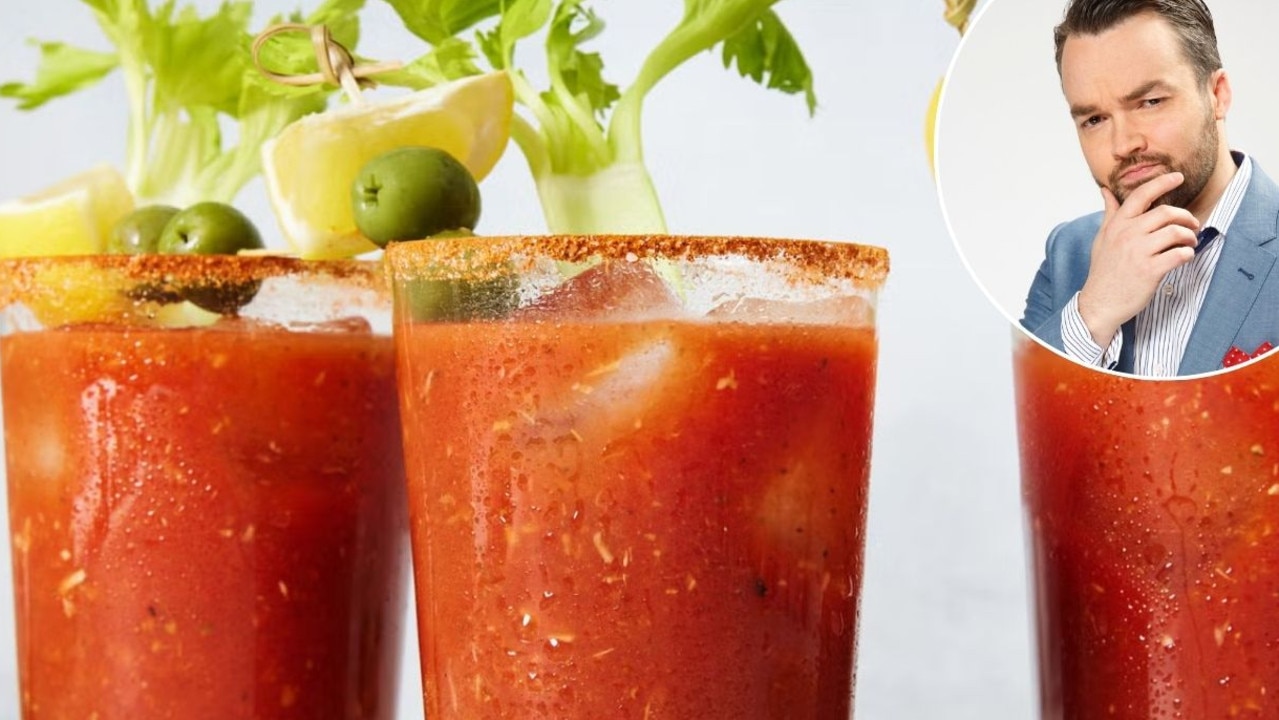Penguin star Colin Farrell on why actors are overpaid and his most magical day on the job
The award-winning actor has opened up about his pay and working conditions, as he revealed the incredible transformation it took to pull off his new role in The Penguin.
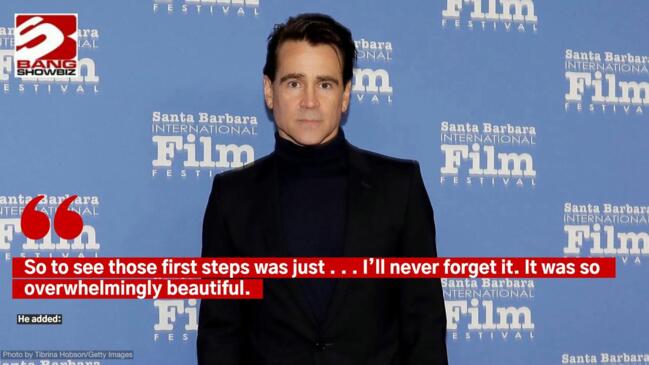
In a career spanning nearly 30 years, Colin Farrell has had some extraordinary experiences travelling the world, working with directing greats, starring in huge blockbusters, and being nominated for an Oscar.
But he describes the first time he transformed into the Penguin for the 2022 superhero hit The Batman as “one of the most magical days I have ever had as an actor”.
After being cast opposite Robert Pattinson in Matt Reeves’ acclaimed take on the Dark Knight, the Irish star of Minority Report, Horrible Bosses and The Banshees of Inisherin was summoned to the Warner Bros studio in the suburbs of Los Angeles in the “midday sunlight” for a make-up test.
There to greet him was a team of around 10 make-up artists and prosthetic technicians who had been tasked with turning the man last year named by Elle magazine as the sexiest Irishman on the planet into the deformed, disfigured Gotham city gangster, Oz Cobb, better known to generations of Batman fans as the Penguin.
“The word ‘divine’ is not misplaced because it was a bunch of artists getting together and everyone feeling really nervous, everyone feeling under mad pressure, everyone knowing that it was this film, The Batman, that was going to be made and we were trying to reinvent and- and re-energise this character that had been honoured through decades of comic book lore, film iterations, TV iterations – everyone was shitting themselves,” recalls Farrell.
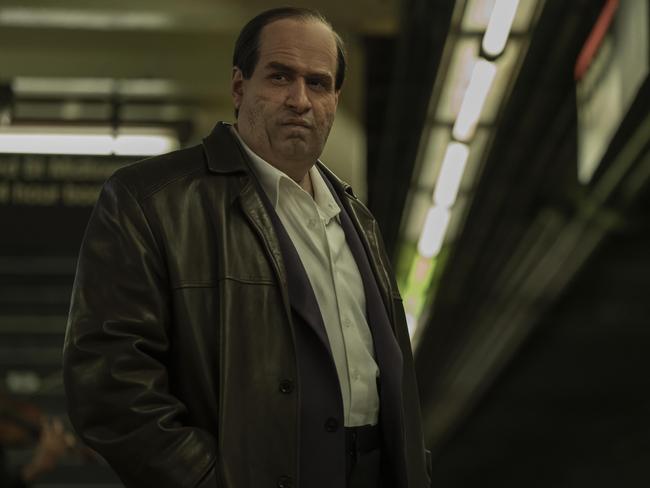
Farrell, and everyone else involved in the production, knew that they had to come up with something that audiences hadn’t seen before from previous iterations of the character including Burgess Meredith’s cigarette-holder chewing trickster from the hammy 1960s TV show and Danny De Vito’s much darker take in Tim Burton’s 1992 movie Batman Returns.
Hour after hour ticked by as the seasoned professionals got to work on his hair, teeth, costume, body-suit and skin, and by the time they had finished it was well and truly dark – and the ruggedly handsome actor was utterly transformed to the point that he barely recognised himself in the mirror.
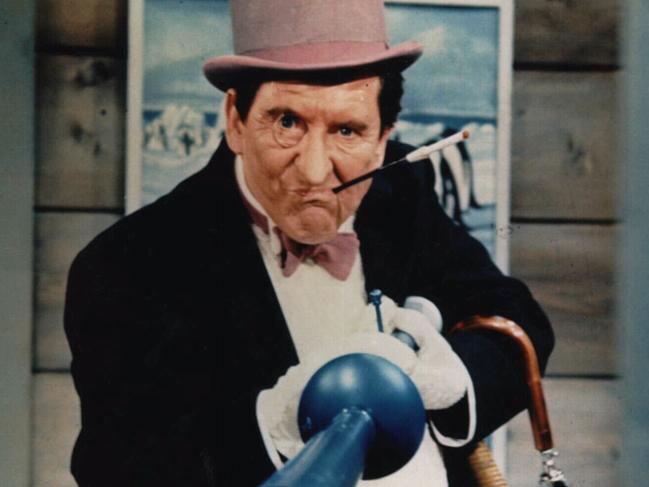
“It was just one bit, and another bit, and then the bodysuit went on, and another, the hair and then the this and then the that. And, all of a sudden, I looked in the mirror and I wasn’t looking back anymore. It was a totally different creature. And it was so exciting.”
By the time they got to filming The Batman – in which The Penguin was very much a secondary villain to Paul Dano’s Riddler – the team had got the arduous make-up process down to about three hours. And despite only having a handful of scenes in that film, Farrell so loved the deeply wounded, cunning criminal with a capacity for violence that he knew he wanted to do more.
“I got greedy fast,” Farrell says. “It felt to me like a f---king waste to have all this extraordinary effort from so many artists for five or six scenes – and, of course, it wasn’t a waste – but it felt like there was just a lot more to do.”
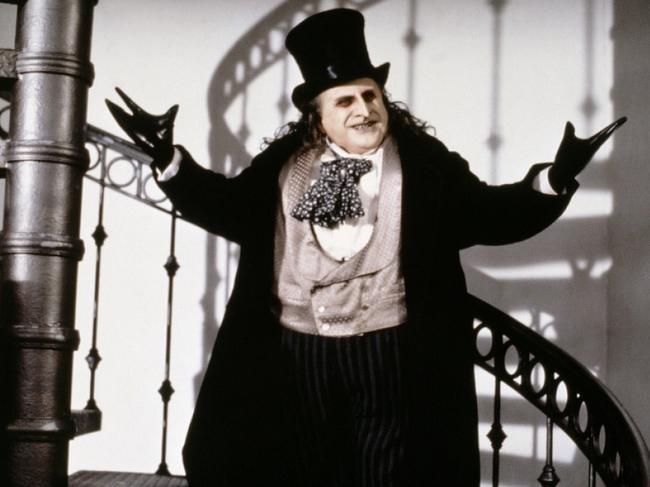
He texted The Batman producer Dylan Clark with his ideas for a TV show, referencing classic gangster movies such as Scarface, but it wasn’t until he was shooting The Banshees of Inisherin – for which he won a Golden Globe and earned an Academy Award nomination – on the West Coast of Ireland that he got the news that HBO had greenlit an eight-part series centred around the character. The idea was that the action would pick up where The Batman left off, and trace the troubled, violent Cobb’s rise through the underworld of Gotham City but could also stand alone as a gritty crime drama.
“One of the priorities of the whole thing [was that] it should be able to work if you didn’t know any of the mythology,” says Farrell. “If you didn’t have any kind of fan reference for the world that it’s born of, it should be able to exist, just in and of itself, as a story that’s strong and that pays enough attention to the minutia of human psychology and childhood trauma and ambition and greed and sorrow and loss, and all of those things that we all contend with in our own ways. It should stand alone.”
Before Farrell knew it, he was back in the make-up chair and pulling 14-hour days, spending “between 300 and 500 hours” in a cooling tent between takes to preserve the elaborate costume and make-up, and well and truly earning his pay cheque.
“It was the first time ever at work as an actor that I got in before the crew and I left after the crew,” he says. “Usually actors have such an easy time. We get in after everyone, we leave before everyone, and we’re overpaid. But we were in before everyone. We’d start at half four, five o’clock in the morning and we’d be leaving at nine or 10 o’clock at night.”
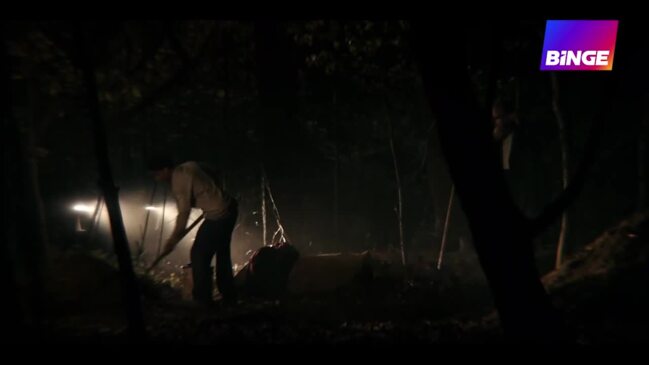
Farrell says that, consciously or unconsciously, he was drawing on “every gangster I’ve ever seen” – from Robert De Niro’s Al Capone in The Untouchables to James Gandolfini’s Tony Soprano – for Cobb’s dangerous and brutal journey from low-level foot soldier to aspiring crime boss.
“They’re all floating around in my noggin,” he admits. “So bits of them all are gonna come through, and I don’t resist that.”
But where many actors are loath to judge their characters – and most villains don’t tend to see themselves that way – Farrell says that Cobb absolutely embraces his wicked ways as a legitimate way to get ahead in a wicked world.
“He understands innately, and I think his mother raised him in this way … that politicians are corrupt, that nobody really gets to the top of that political pyramid unless there’s backhanders, and there’s compromises made for the powers that be that can further your career.
“So he does want to be a gangster, it’s his dream to be a villain. He thinks that a villain has a justified place in the social structure and is actually needed by the people of Gotham more than the politicians that supposedly represent them.”
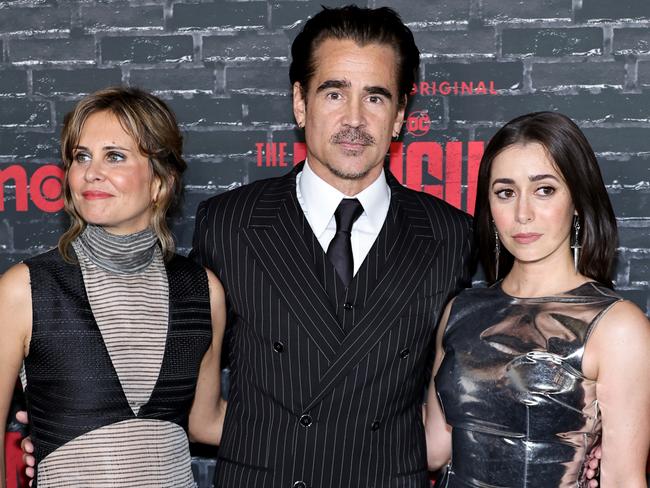
And while Farrell says he is not an actor who likes to stay in character while shooting, he found the Penguin to be “so encompassing” that he sometimes couldn’t help himself during the shoot in and around New York.
“I waddled around a lot,” Farrell says. “I spoke in character quite a good bit more than usual. Some of the crew came up to me and they were like, ‘It’d be nice to meet you some day’. And I knew exactly what they were saying. Because I would pretty much get there three hours before crew call and I would leave an hour after everyone finished. So, nobody saw me.
“It was weird. I used to leave messages for friends [as the character] when I was bored in my cold trailer, and I leave messages for my kids. You know, ‘How ya doin’, kid? Oz here, I’m just in Gotham today’. It was fun.”
The first episode of Penguin streams on Binge from today. New episodes every Monday and also available on Hubbl.
More Coverage
Originally published as Penguin star Colin Farrell on why actors are overpaid and his most magical day on the job



